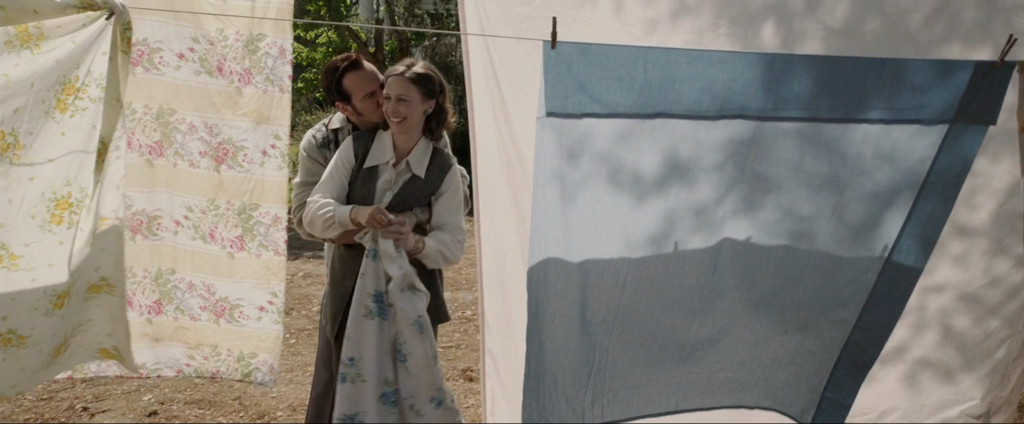The Demented Bobblehead
The word “remake” doesn’t generally inspire a lot of faith in people. Horror remakes, in particular, have had a really rough time as of late, with clunkers such as Rob Zombie’s Halloween remakes and the Nightmare on Elm Street remake springing to mind. Considering all of this, you’d be forgiven for having very low expectations for the newest version of Stephen King’s It, but you’d be doing yourself a disservice if you dismiss this film as just a lazy cash-grab capitalizing on a known property.
The film takes place over a single summer in the late 1980s. The Loser’s Club, a rag-tag group of unpopular tweens, starts to realize that all is not right in their small town of Derry, Maine. In addition to the many recent disappearances of local kids, almost every member of the Loser’s Club has their own bizarre experience that they can’t quite explain. It’s only when they start talking about it together that they realize they are all being targeted by the same terrifying entity…
It is billed as a horror film, but there’s a lot more going on beyond the “horror” label. In fact, I wouldn’t necessarily say that the film itself is particularly scary. There’s a healthy dose of jump scares and it definitely has its share of creepy images, but a lot of the scares feel more like sights on a theme park ride, which, I guess, is pretty appropriate considering the central figure of Pennywise, the Dancing Clown.
Speaking of Pennywise, Tim Curry created an immortal representation of the terrifying entity in the famous made for TV miniseries (1990). Anyone trying to fill those massive clown shoes has the unenviable task of following Curry, and this task ended up going to Bill Skarsgård. Luckily, Skarsgård manages to make the role his own, turning in a fantastic performance with some great quirks that he was able to personally bring to the table. For example, Pennywise has this unsettling mannerism where his eyes will occasionally go in different directions, making him appear all the more unhinged and off. Amazingly, this is not a digital effect and was actually done by Skarsgård himself. Additionally, the strange smile that Pennywise showcases is one that Skarsgård apparently has been able to do since he was a child, when he’d use it to scare his little brother. These practical effects go a long way to making Pennywise a visually mesmerizing presence. He truly comes across as “the other.” The terrifying way his head shakes back and forth as he rushes to attack is also an incredibly memorable visual, making him look like a demented bobblehead.
Fortunately, the rest of the cast manages to hold their own alongside the more flamboyant Skarsgård. The child actors making up The Loser’s Club are all instantly loveable and relatable, becoming increasingly more so as the film progresses. It’s a cliché to say but they’re truly the heart of the film, lending a “coming-of-age” aspect to complement the crazy clown antics. They’ve all got their own burdens to deal with, some admittedly more fleshed out than others, but the ones that work do so incredibly well. You feel for them beyond just “oh I hope that clown doesn’t kill them.” You want them to escape their overbearing parents, to speak up about their pre-teen crushes, and to stick together no matter what happens.
In all, It is, first and foremost, just a really fun movie to watch. There are bound to be at least a few scares that make you jump, but you’ll also find yourself laughing considerably more than you would expect. Richie Tozier (Finn Wolfhard) provides comic relief with his often incredibly inappropriate jokes that seem perfect for someone his age (expect plenty of “your mom” jokes), but Pennywise himself even managed to make me laugh several times. Whether he is waving at a child with a severed hand or living up to his moniker as the Dancing Clown, Pennywise, like the movie he stars in, is just as entertaining as he is creepy.



